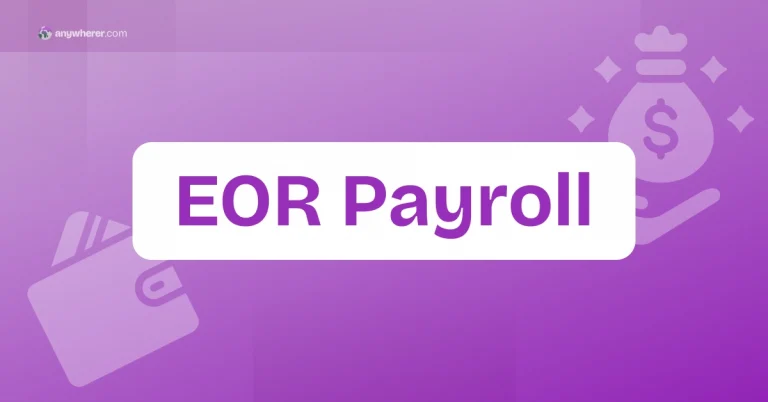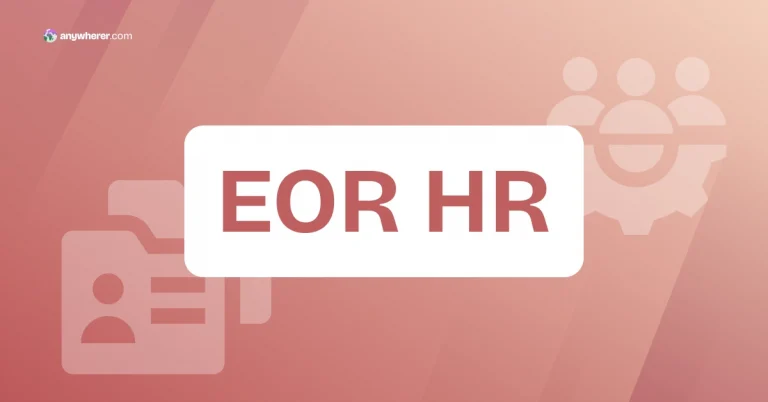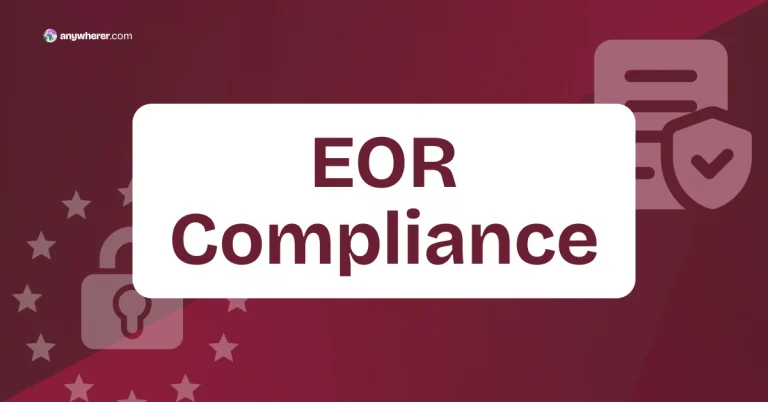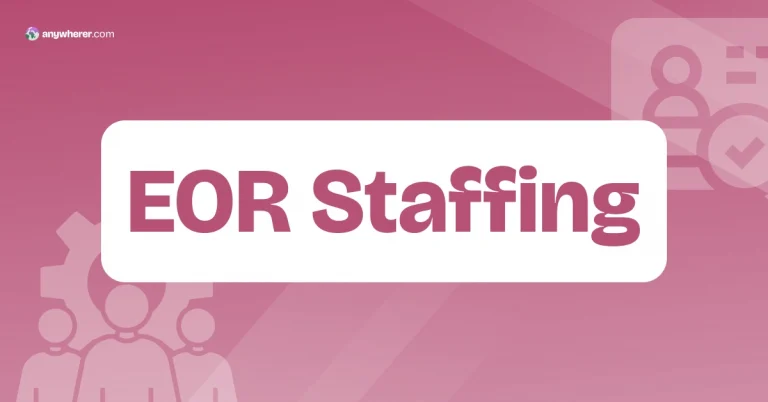What Is Healthcare BPO? Definition and Key Facts
Let’s break it down — healthcare BPO is exactly what it sounds like: it’s when healthcare organizations outsource certain tasks to third-party service providers. These aren’t the core responsibilities, like treating patients or performing surgeries. Instead, it’s the behind-the-scenes work. Medical BPO can take care of medical billing, claims processing, patient data entry, customer service, and a lot more.
Medical Business Process Outsourcing is big in the industry. In fact, as big as a $466.64 billion USD market size as of 2025. Hospitals, clinics, pharmaceutical companies, and even insurance providers all use BPO healthcare services to help them run more efficiently.
Why? Because healthcare is complicated. There are tons of forms, regulations, and systems to manage. By handing off some of these non-clinical jobs to one of the top healthcare BPO companies, patient care becomes the sole focus.
And if you’re wondering what is BPO healthcare prognosis, the market is likely to grow. Think tighter budgets, growing patient volumes, and rising administrative demands. Healthcare BPO outsourcing may just be the go-to strategy for healthcare organizations trying to keep pace – leveraging external support to make healthcare delivery smoother, faster, and often more cost-effective.
Healthcare BPO Meaning
BPO in healthcare means outsourcing non-core healthcare services like billing, data entry, and customer support to specialized third-party providers, helping hospitals and healthcare organizations operate more efficiently.
Now that we’ve answered “what is BPO in healthcare?” let’s take a closer look at the actual services being outsourced.
Common Medical Business Process Outsourcing Services
So, what kind of tasks can you send over to a BPO for healthcare? Here’s a quick rundown of the heavy hitters that could be included in the BPO fee:
- Medical billing & coding – Turning patient visits into accurate insurance claims. Essential and time-consuming, which is why it’s often the first thing to outsource.
- Claims processing – Insurance BPO takes over submitting, tracking, and following up on insurance claims to speed up payments.
- Patient scheduling – Outsourced teams handle calls, book appointments, and reduce no-shows.
- Healthcare customer support BPO – Answering patient questions, sending reminders, and boosting overall patient satisfaction.
- Data entry & EHR management – Keeping patient records clean and up-to-date.
- Medical transcription – Converting doctor notes and voice recordings into accurate, usable records.
Now that we know what is healthcare BPO in terms of services they provide, let’s explore the advantages and disadvantages of BPO.
Main BPO Healthcare Benefits
Why use BPO medical provider? Because the gains are real and measurable. Here are some of the key benefits of using Business Process Outsourcing in healthcare:
Cost reduction
Running in-house admin teams is expensive. By using third-party services, organizations cut labor and infrastructure costs while accessing top-tier expertise at scale.
Time savings
Did you know that administrative tasks take up nearly 28 hours a week for clinicians and 36 – for claims specialists? Business Process Outsourcing healthcare providers take that load off your plate so your internal teams can focus on what they do best.
Fewer errors
Administrative overload doesn’t just eat up time—it leads to mistakes. In fact, data entry errors are a cause of 30% of billing errors. With a healthcare data management BPO, such tasks are handled by specialists using streamlined, error-reducing workflows.
Improved compliance
The medical field is one of the most regulated ones, and this isn’t limited to HIPAA, OSHA, and the GDPR. There are also the Joint Commissin and Medicare participation standards, the False Claims Act and Stark Law, and many others that a reputable provider can help comply with, thanks to their dedicated legal and data security teams.
Scalability without growing pains
Patient volumes can spike overnight. With a healthcare Business Process Outsourcing BPO partner, you can scale operations up or down without hiring, training, or onboarding new employees.
Sharper patient focus
Less time on paperwork means more time with patients. BPO services for healthcare allow care teams to redirect their energy where it matters most, improving outcomes and the patient experience.
Medical BPO Challenges and Their Solutions
While exploring the BPO healthcare meaning, it wouldn’t be fair to omit some challenges that may come along the way. Like any strategic move, it comes with nuances. But how do you overcome them?
Data security concerns
Healthcare data is a target for cybercriminals. Like with any confidential information. But trusted healthcare BPO services will have robust cybersecurity practices. This includes using encryption, multifactor authentication, firewalls, endpoint detection and response software, strict access controls, and other such solutions.
Compliance complexity
Healthcare regulations can be a maze. Top healthcare BPO companies keep up to date with legal requirements and often employ compliance specialists to ensure your processes stay within the lines.
Communication gaps
Working with a team from another country or even continent? This can create time zone and language barriers. A good way around the first issue is to set up a follow-the-sun model when you choose a location with overlapping hours. As for the culture fit, you could look for companies with bilingual specialists.
Perceived loss of control
By the BPO healthcare meaning it may seem like you’re giving up oversight. But it doesn’t have to. Define KPIs, schedule regular check-ins, and use performance dashboards to stay in the loop with your BPO partner.
Final Thoughts on Healthcare BPO Outsourcing
To recap what is BPO healthcare: it’s all about handing off non-core, but essential tasks like billing, scheduling, claims processing, and customer service to specialized third-party providers.
Whether you’re running a hospital, a clinic, or an insurance company, using BPO can dramatically lighten your admin load, reduce costs, boost efficiency, and improve accuracy. All that without compromising on quality and compliance.
And the right provider can act like an extension of your team—one that’s leaner, faster, and more focused on results.
BPO in Healthcare: FAQs
What is healthcare BPO, and how does it work?
Healthcare Business Process Outsourcing services are when a healthcare facility uses external providers for administrative tasks, reducing operational burdens and focusing more on clinical work.
Which healthcare functions are most commonly outsourced?
It’s usually medical billing, claims processing, patient scheduling, transcription, data management, and customer support. These are often time-consuming and benefit from specialized teams.
How do healthcare providers choose the right BPO partner?
It should be about keeping a balance between your needs, the service price, and the provider’s expertise. How they approach communication is also key.
How much does healthcare BPO typically cost?
Costs vary depending on the services, volume, and provider location. Some healthcare BPO solutions providers offer flexible pricing models—per claim, per call, or hourly rates. While exact numbers differ, the savings over in-house teams are often significant.
Explore how healthcare BPO can streamline your operations and strengthen patient care.

Yaryna is our lead writer with over 8 years of experience in crafting clear, compelling, and insightful content. Specializing in global employment and EOR solutions, she simplifies complex concepts to help businesses expand their remote teams with confidence. With a strong background working alongside diverse product and software teams, Yaryna brings a tech-savvy perspective to her writing, delivering both in-depth analysis and valuable insights.





